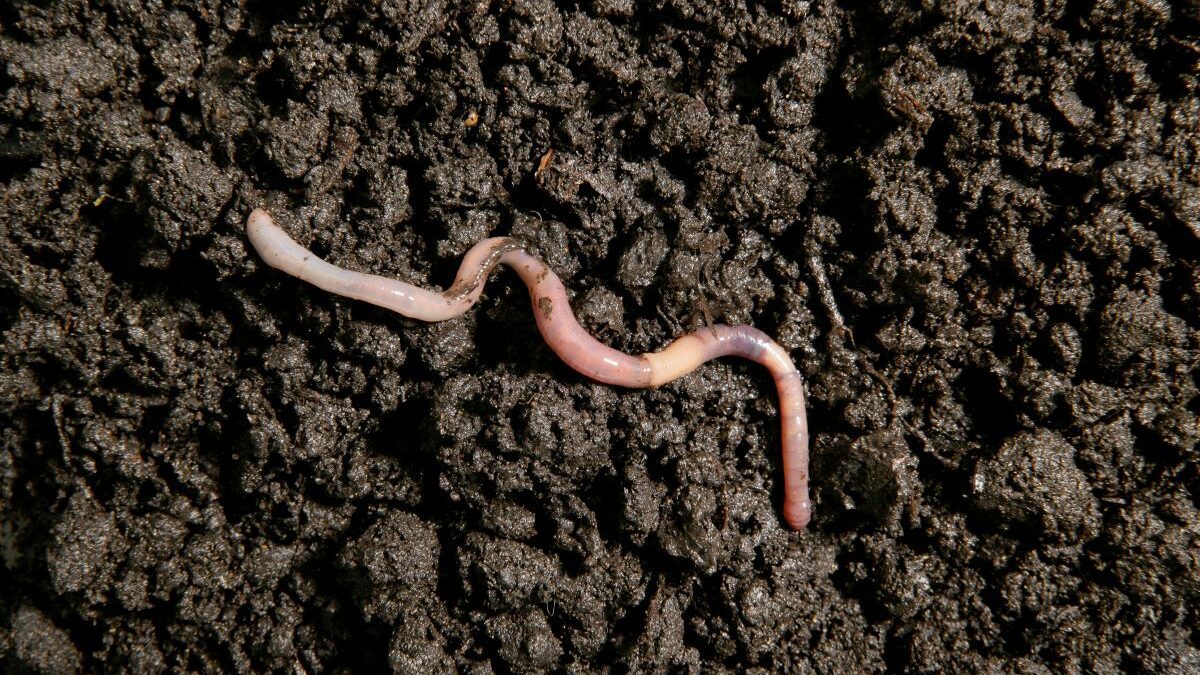Doping agencies on high alert as worm blood doping hits athletic circles
A new form of doping that extracts blood from lugworms can carry 40 times more oxygen than human hemoglobin and can have an immediate impact on the body

A recent revelation suggests that blood extracted from lugworms, also known as sandworms and commonly used as fishing bait, might be a novel method for enhancing athletic performance. French newspaper L’Équipe reported that the hemoglobin extracted from these worms is recognized for its outstanding oxygen-carrying abilities and could be used as a hard-to-detect blood doping agent.
A powdered universal blood substitute, derived from lugworms, is being used as a blood doping agent.
It’s effectively undetectable and doesn’t increase hematocrit (% of red🩸cells).
A Tour de France cyclist asked its creator how to obtain it in 2020.https://t.co/9SVCOdj6IA pic.twitter.com/bsBOidjVdy
— Edmund Willison (@honestsport_ew) November 20, 2023
Dr. Franck Zal, founder of the company Hemarina, has used worm blood to create a “universal blood substitute” capable of carrying 40 times more oxygen than conventional human hemoglobin, due to its smaller size. It can also be stored at room temperature, eliminating the need for freezing, and making it easy to transport. Additionally, hemoglobin is compatible with all blood types, does not elevate hematocrit levels, and does not induce high blood pressure, unlike bovine or human hemoglobin.
“I understood very early on that it could be diverted,” said Zal to L’Équipe. “We had several direct requests from athletes who wanted to know how to obtain the substance. I also learned it is possible to administrate to racehorses.”
Unlike EPO, which takes upwards of two weeks to increase hemoglobin, Lugworm hemoglobin has an immediate impact on the body when injected, but it also has a short lifespan. Zal also reports that it is unlikely to be spotted in an Athlete’s Biological Passport (ABP).

Adeline Molina from the French Anti-Doping Agency (AFLD) told L’Équipe that the short lifespan of lugworms is what makes the product appealing for use. However, she says it can still be detected in a blood test.
Although the product is accessible, the World Anti-Doping Agency (WADA) is also cognizant of rumours about this new form of doping and has not found any positive cases yet.
“There was a rapid understanding of this substance and its risks for doping purposes,” said WADA scientific director Olivier Rabin. He reported that there have been zero positive lugworm hemoglobin cases yet, and says if the substance had been found in an athlete, the organization would have made it public.


